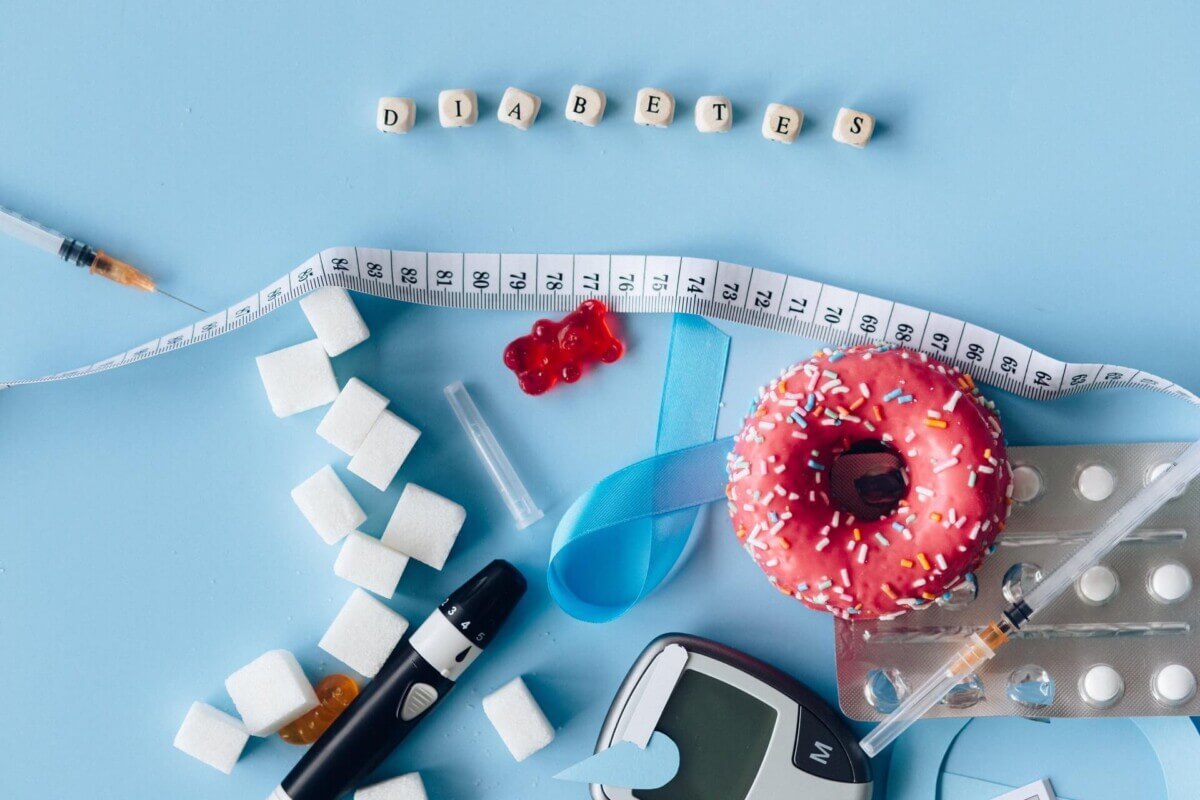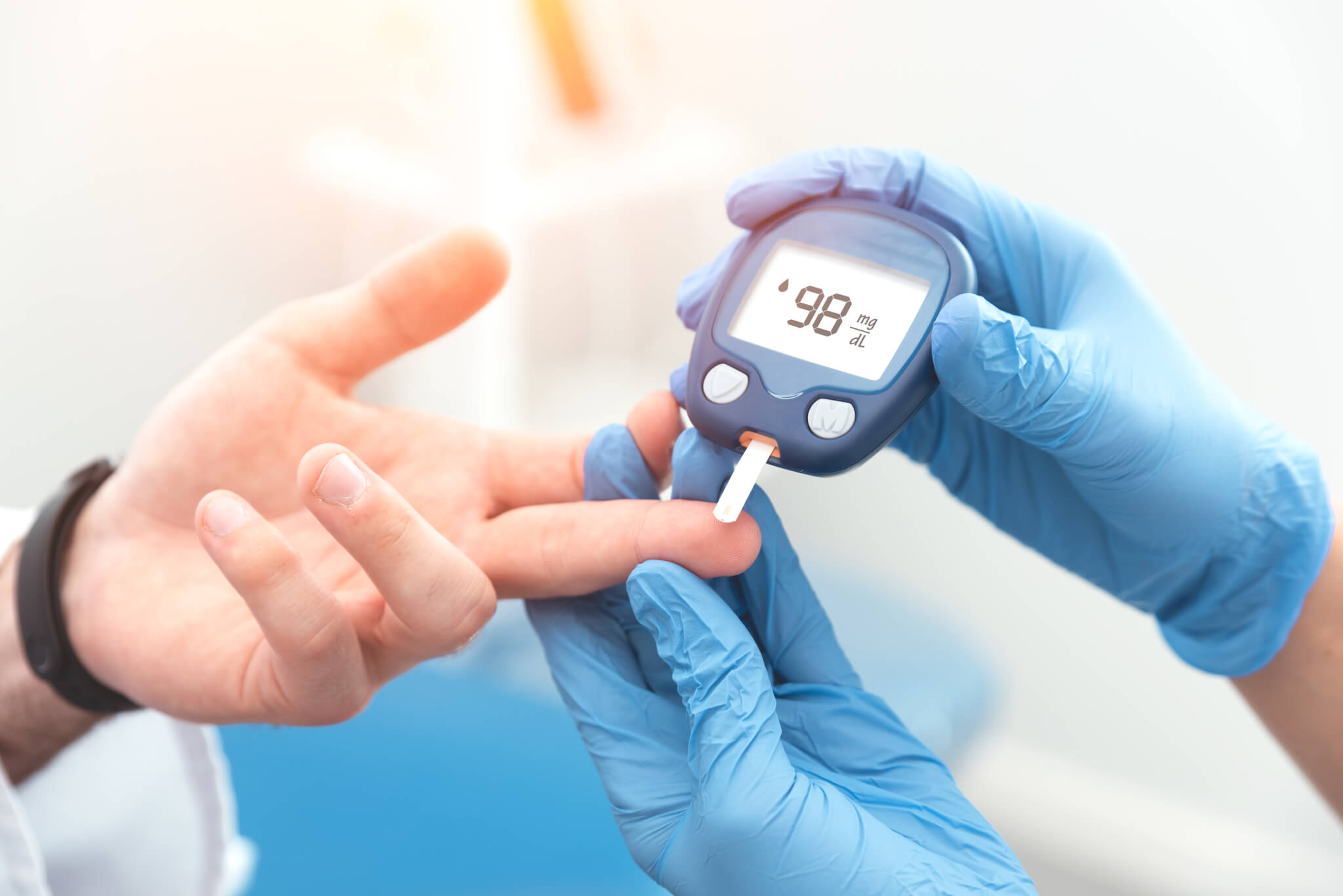
People with later sleep and wake times had less healthy lifestyles and were at greater risk of developing diabetes than those with early-bird sleep habits. (Photo by Nataliya Vaitkevich from Pexels)
CAMBRIDGE, United Kingdom — How does our body maintain healthy blood sugar levels? A groundbreaking study of over 55,000 individuals worldwide has uncovered key information on what goes wrong when someone is diagnosed with Type 2 diabetes.
Insulin, a hormone that regulates blood sugar levels, plays a crucial role in the development of Type 2 diabetes. Individuals with this condition struggle to regulate their glucose levels either due to inadequate insulin secretion or decreased sensitivity to insulin, known as insulin resistance.
While previous studies have focused on insulin resistance during fasting, researchers at the University of Cambridge delved into the mechanisms behind insulin resistance after consuming a meal or sugary drink, a critical factor in Type 2 diabetes. The findings could pave the way for future treatments for the disease that affects millions of people worldwide.
“We know there are some people with specific rare genetic disorders in whom insulin works completely normally in the fasting state, where it’s acting mostly on the liver, but very poorly after a meal, when it’s acting mostly on muscle and fat,” says Professor Sir Stephen O'Rahilly, the co-director of the Wellcome-MRC Institute of Metabolic Science, in a university release. “What has not been clear is whether this sort of problem occurs more commonly in the wider population and whether it’s relevant to the risk of getting Type 2 diabetes.”

An international team of scientists analyzed genetic data from 28 studies to identify genetic variants that influence insulin levels after a glucose challenge. The study uncovered 10 new loci (regions of the genome) associated with insulin resistance. Strikingly, eight of these regions were also linked to a higher risk of Type 2 diabetes, underscoring their significance.
Within the identified genetic regions, researchers found a gene related to GLUT4, a critical protein responsible for transporting glucose from the bloodstream into cells after eating. Decreased amounts of GLUT4 in muscle tissue were associated with this genetic variant.
Further investigation using cell lines from mice revealed 14 genes that played a vital role in GLUT4 trafficking and glucose uptake, nine of which had never been linked to insulin regulation before. These genes were found to affect the movement of GLUT4 from inside the cell to its surface, impacting the cell's ability to remove glucose from the blood.
The study's findings provide valuable insights into the mechanisms of blood glucose regulation and potential targets for new treatments. Detecting problems in glucose regulation after meals can serve as an early sign of increased Type 2 diabetes risk, and this research offers hope for the development of innovative therapies. By unraveling the fundamental mechanisms underlying common diseases like Type 2 diabetes, researchers can pave the way for precision healthcare and personalized treatments.
The findings are published in the journal Nature Genetics.











Waiting anxiously
Great news
I am a patient of type 2 diabetes. I am curious & happy to go through this discovery!
It’s a very exited news!
Can control sugher level
At the end of April, I suddenly had a hypo about 2 hours after my evening meal. It happened again and again over the next month. Earlier in the year I was using 60 units of insulin twice per day. When I could reach a doctor or diabetic nurse, all they said was reduce your insulin. It's down to 22 units and I still had hypos 2 days running this week. No one seems interested in finding why this is happening and I don't know where to turn. This article pretty much sounds,like what I'm going through. I'd be grateful if someone would contact me
I am a 72 yr old type 2. From 23 and me it showed one gene for diabetes. I have a 3rd great grandfather who had it. My aditional problem is Im long term sever asmatic. Steroids make t numbers go off t charts. Im allergic to preservatives so I can't take insulin. Im very active and with in my weight range. When off steroids I control w starlinks and herbs. It would be great to have a med that I dont react to. Drs say my D is steroid induced. Let me know if U need someone to try a new drug.
I am finding it hard to to regulate my blood sugars. I am on insulin and I struggle more now. I have tried fasting three times a week but I get so hungry I am up in the night eating. It seems constantly battling. I feel really down with it all.
My sugar levels spike hugely after food regardless of medication. I mentioned this to the doctor but he seemed not a bit concerned. Personally I feel this is the time the damage is done causing neuropathy, hairloss, organ damage etc. I was interested in your research...
I have type 2 diabetes but I used to eat everything but not that much whenever i eat and I used to take medicine for diabetes but not that high MG. So, better not to try it to cure forever but we should try it to keep maintained in normal position. So keeping control in normal position is better then to cure.
Vitamin D which is an insulin managing hormone plas a key role in eliminating type 2 diabetes
What do you recommend after you identify gene? All pills and insulin do not help me. And the side effects are horrible ruining your quality of life.
can crispr gene therapy get my diabetes gone? I'm so miserable
I recently read that a vitamin d deficiency also slows transport of GLUT4.
Would love to hear of any future developments. I have recently been diagnosed pre diabetic. My Grandmother, Father, Sister had it. My brother has it now, and a daughter inlaw had gestational diabetes and is diabetic now.
I look forward to hearing from you.
Regards Bev.
Would love to hear of any future developments. I have recently been diagnosed pre diabetic. My Grandmother, Father, Sister had it. My brother has it now, and a daughter inlaw had gestational diabetes and is diabetic now.
I look forward to hearing from you.
Regards Bev.